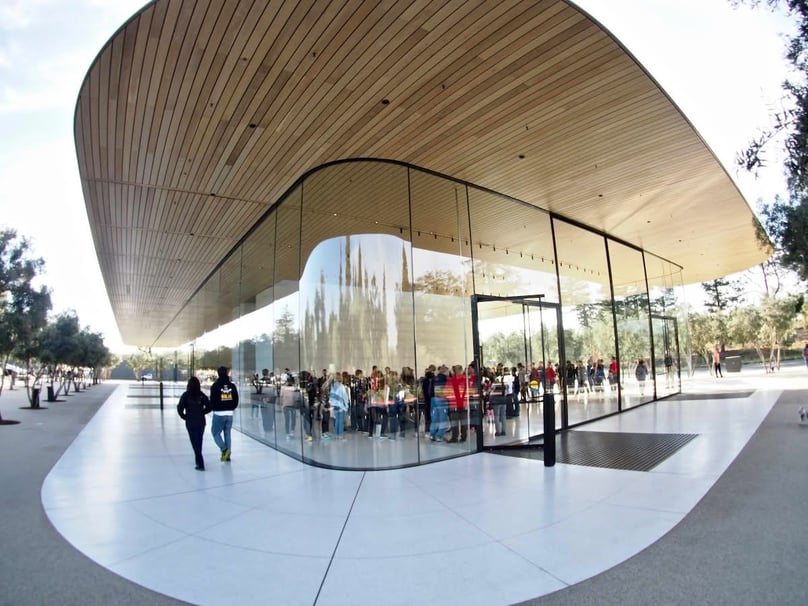In Silicon Valley, there has been a notable trend among tech companies towards extending work hours, influenced by the Chinese "996" schedule. This kind of work schedule, which entails working from 9 a.m. to 9 p.m. six days per week, adds up to a demanding 72-hour work week.
Adoption of this model is being championed by some CEOs in the industry, who argue that working such long hours-even including weekends-is necessary for companies to get ahead in an era when billions are being staked on the potential of artificial intelligence (AI). Google co-founder and CEO Sergey Brin, for example, shared in a company memo earlier this year that he considered 60 hours a week to be the "sweet spot" for productivity.
The trend isn't just confined to tech giants. When AI startup Cognition purchased Windsurf, another AI company, Cognition's CEO, Scott Wu, stated on social media platform X that employees from Windsurf would have the opportunity to join Cognition, but only if they were prepared to work long hours.
Data supporting the increasing prevalence of the "996" work culture comes from fintech company and corporate credit card issuer, Ramp. After analysing their corporate card data, economist Ara Kharazian found a noticeable increase in credit card transactions on Saturdays in 2025 compared to the previous year, specifically in San Francisco. This increase, he argued, could be indicative of the adoption of the "996" work schedule in the area.
With AI technology rapidly developing, tech workers may find themselves under increasing pressure to ensure return on investments. As such, the "996" work schedule is increasingly leaving its mark on San Francisco's spending data, gradually becoming the norm beyond the tech industry.

